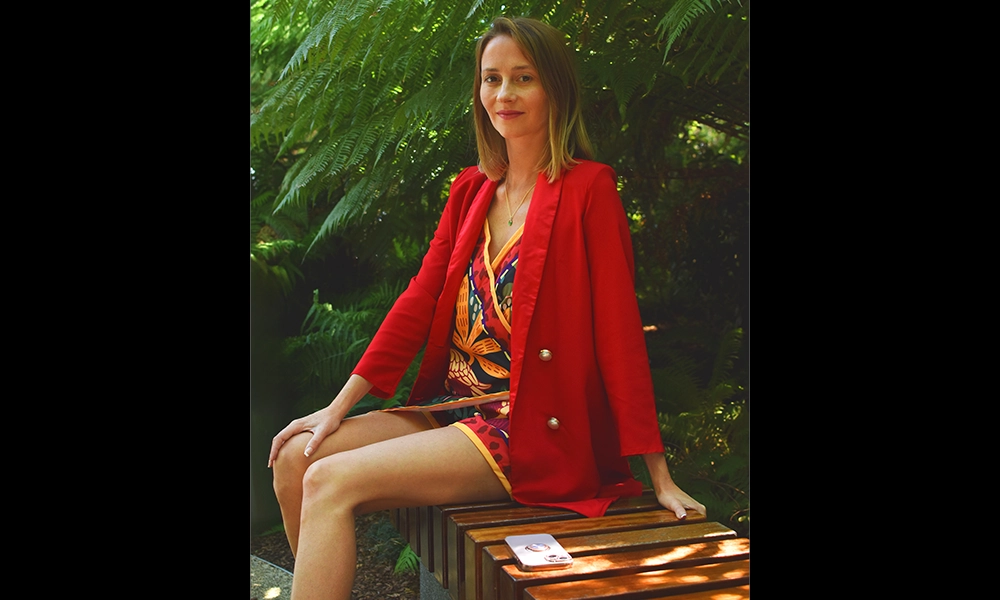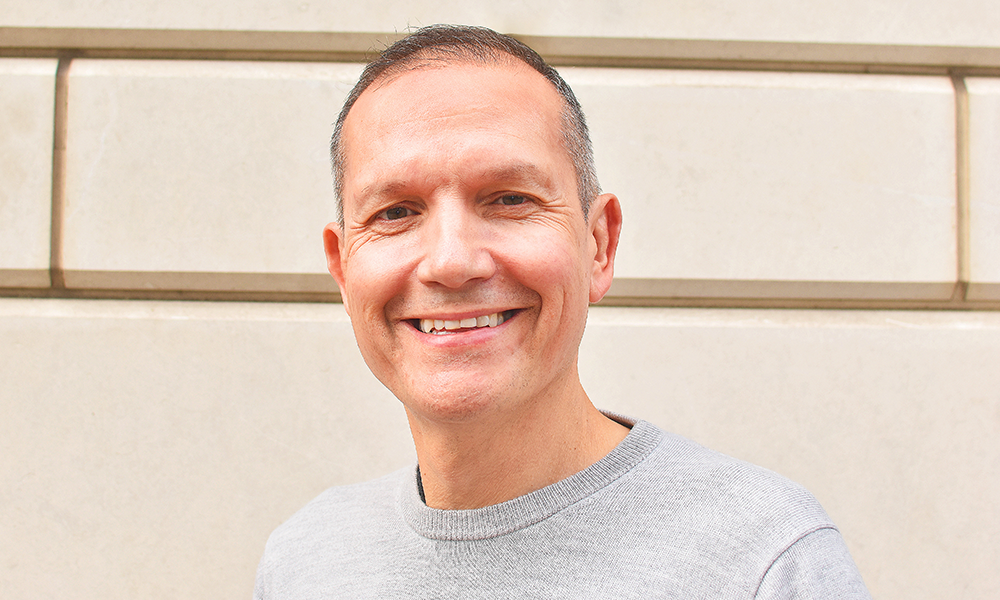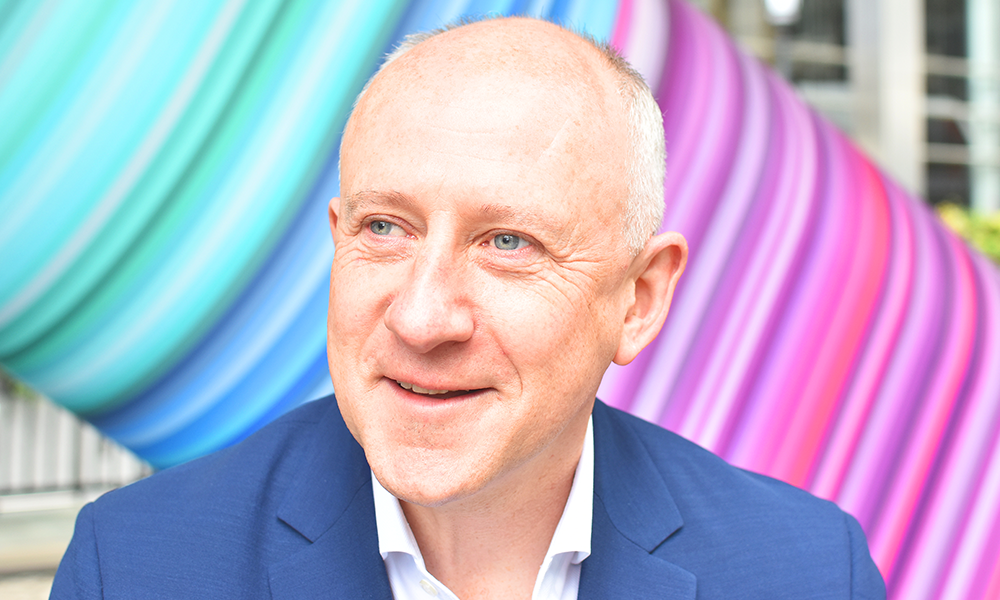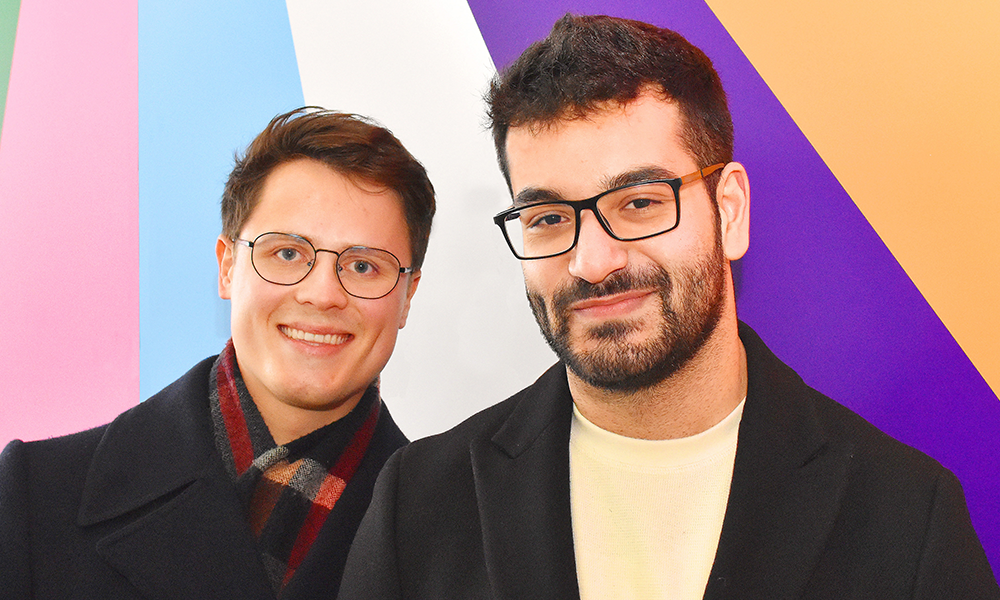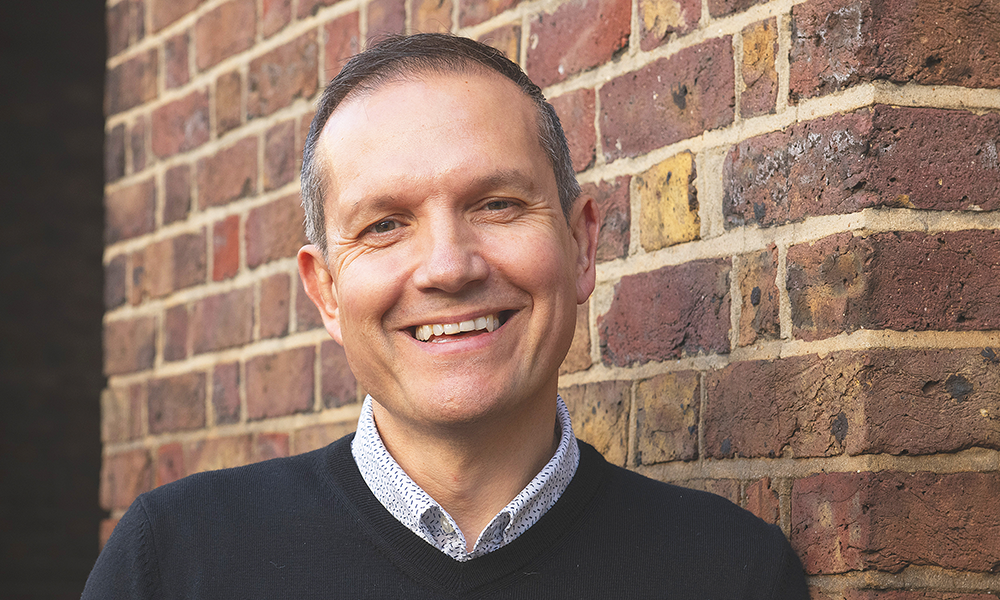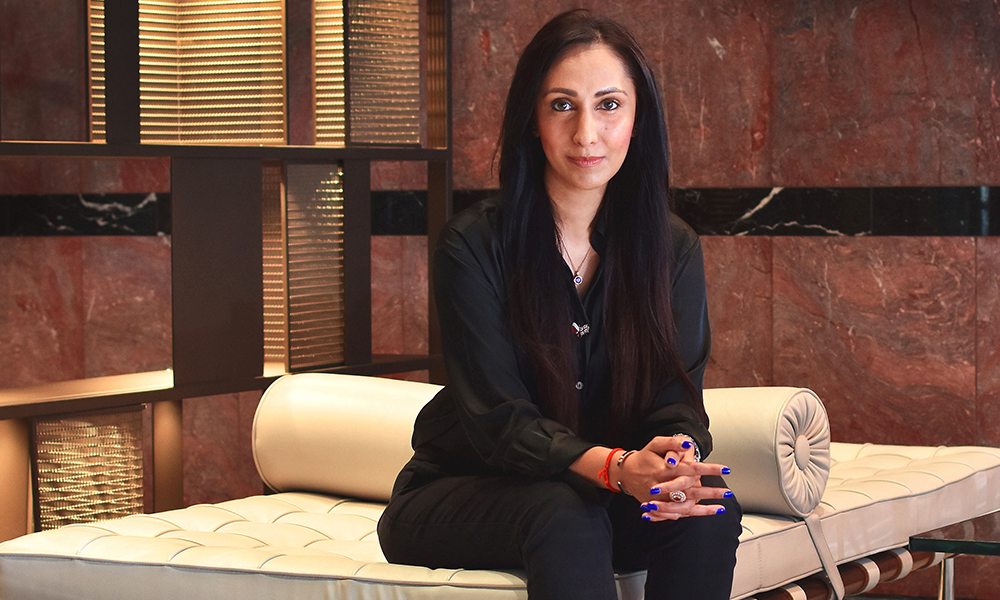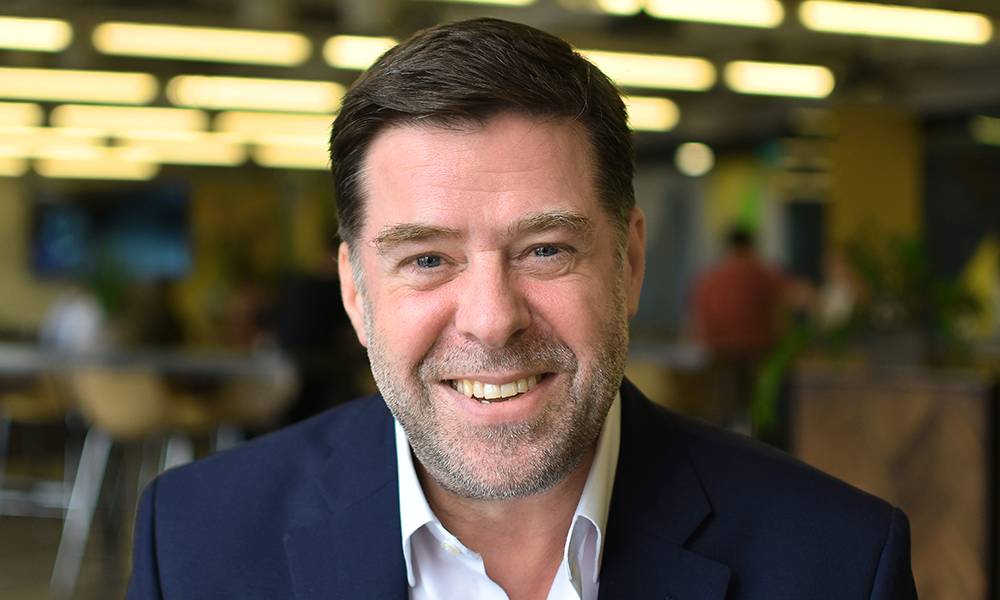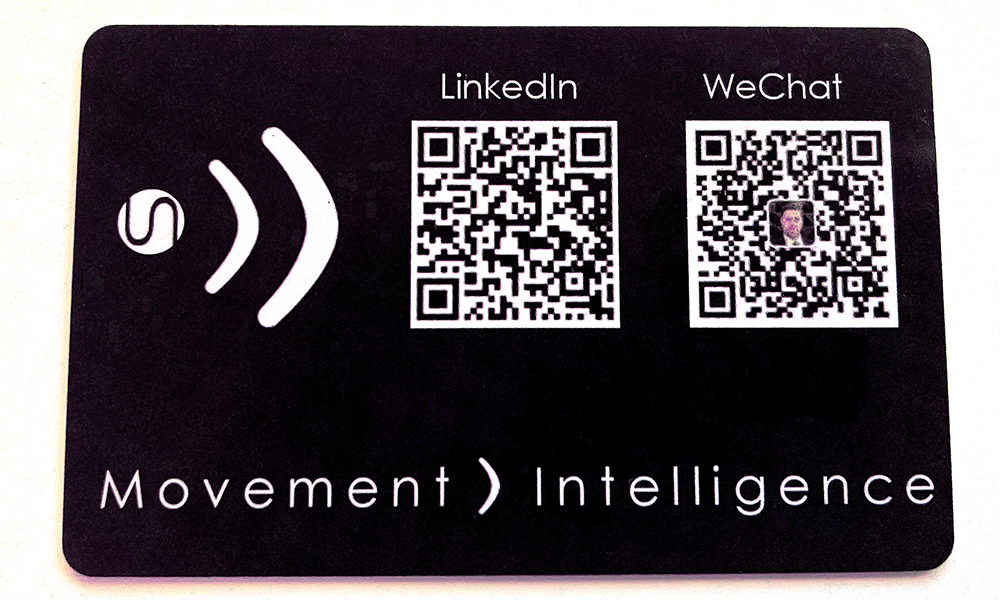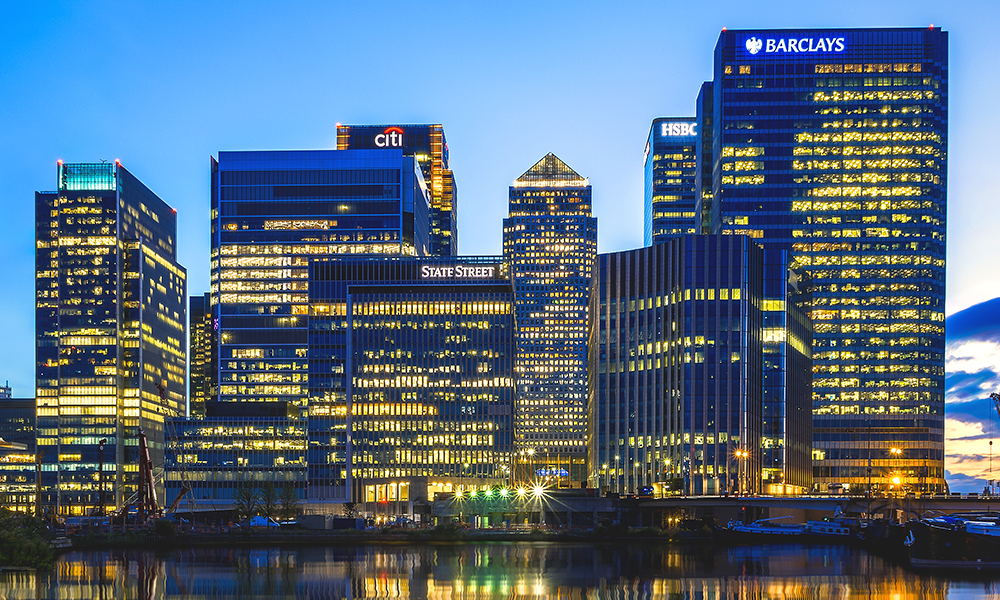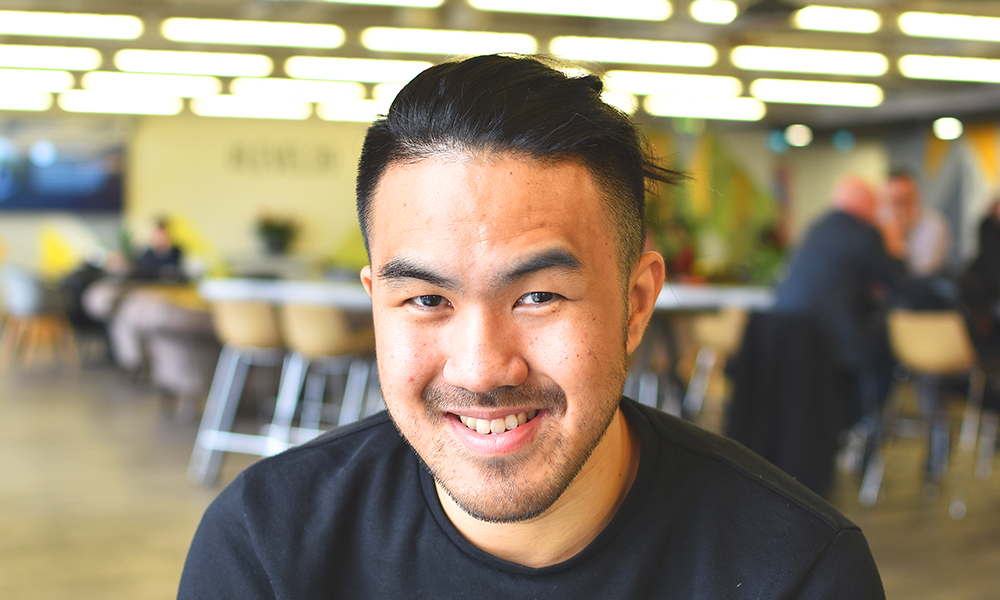Taxiworld’s tech solution is designed to make it easier for people across London to access rides without fees that penalise passengers and drivers

Gabriel Bush / gabrielbushphotography
Subscribe to our free Wharf Whispers newsletter here
Remember when the main driver for those developing apps was function?
Uber currently offers 11 different options for travelling between one location and another.
For a sample journey of 16 minutes across east London, these range between £7.42 and £22.38, depending on what class of vehicle I wish to take, how long I’m prepared to wait and whether I’d like a “newer car with extra legroom”.
If I wish to travel with a pet, it’s £12.95. In 2025, choice is in fashion.
At launch, the app only offered one option – a luxury vehicle, introducing the cheaper UberX later on to appeal to a bigger market.
It’s impossible to know how many options users might be expected to wade through by 2030.
Any additions to the 11 already in place may offer services of benefit to niche groups.
But will it be the passengers and drivers who ultimately pay an ever greater slice of the deal to swell the company’s revenue?
Against this backdrop, Jump offers Londoners a proposition that’s almost breathtaking in its simplicity.
Launched softly in January, the app has been growing its user base and allows anyone with a phone to tap into the existing infrastructure of 7,000 black cabs by digitally hailing them. That’s it.
There’s no surge pricing, no in-app payments, no multitude of options at various tariffs.
You enter your destination, name, phone number and email address (for a receipt) and the job is then offered to the nearest registered driver who’s available.
When they accept the job, you can watch them on their way to pick you up.
Then, when they arrive, it’s just as if you’d hailed a cab with an orange light on the street.
You hop in, pay the meter fare in the cab and get out at your destination.
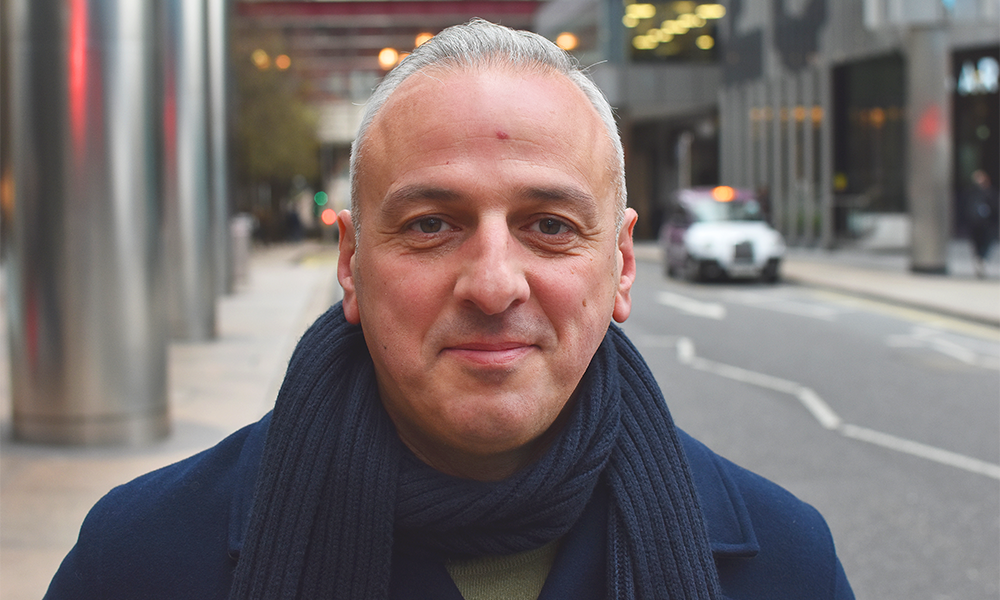
quick pick-ups
“It varies depending on time and location, but drivers typically accept a job within eight seconds and arrive between a minute or 90 seconds later,” said Lorenzo Bugliari.
“It’s a quick, reliable service because the cab the job is offered to is usually just round the corner.
“It’s popular with drivers because we don’t charge them a fee – they get the same as if they’d picked up a passenger who’d hailed them on the street.”
Lorenzo, it’s fair to say, knows taxis.
Having spent more than 18 years selling black cabs to drivers for manufacturer LEVC, he left to join Taxiworld as director of its Jump app earlier this year.
“There are about 14,500 black cabs in London and more than 7,000 of those have our technology in them,” he said.
“Taxiworld is a family-owned business that makes and sells systems for black cabs that allow them to take card and contactless payments using a terminal and an iPad.
“We’re known for reliability and customer service – we also offer drivers who use our system things like free front and rear cameras to help bring down their insurance premiums.
“Our aim is simple, to get more people into the back of black cabs using their services.”

Gabriel Bush / gabrielbushphotography
Jump – a taxi app with no fees
While the majority of taxi apps on the market make their money by taking a cut of the fare paid to a driver, Jump is different.
By law, black cabs must be capable of taking card and contactless payments and Taxiworld, as an approved supplier by TfL, provides the necessary tech for free to drivers.
In return it charges a percentage of the transaction fee, capped on larger fares.
In essence, the app is just a tool designed to help more customers get into black cabs and make those transactions.
“The drivers love it,” said Lorenzo.
“Other platforms are charging them huge amounts – between 15% and 20% – on the jobs they are supplying.
“When you factor in things like surge charging when apps are busy, passengers are sometimes being charged more than you’d pay on the meter in a black cab.
“We feel that’s unfair to passengers.
“IWe don’t charge surge fees, booking fees, admin fees or green ride fees. If it’s raining or the trains are down, you won’t pay any extra.
“IWe also don’t charge cancellation fees for either the user or the driver.
“It’s about fairness to passengers and drivers and keeping black cabs on the road.
“If you’re a regular user, we believe you’re going to save money – you’re also getting the safety and reliability of a black cab, which are all wheelchair accessible.
“All new cabs since 2018 have been zero-emission capable.
“IThe drivers will have The Knowledge and they’ll always get around quicker than anyone else.
“Black cabs can also use bus lanes, which enables them to reach their destination significantly faster than other vehicles.”

Gabriel Bush / gabrielbushphotography
bespoke business services
Jump also offers services to businesses and is targeting restaurants, hotels and bars with a range of bespoke options to fit customers’ needs.
“We believe we can save organisations up to 40% and we’ll only ever charge for a service if there’s an operational cost,” said Lorenzo.
“We like to offer bespoke solutions because we don’t feel there’s a product that fits every company’s needs.
“Some want a card on file and others prefer a monthly account. We’re open to all of it.”
Jump is working to increase its passenger base across London with a particular emphasis on Canary Wharf.
Since the pandemic footfall in the area has recovered to eclipse figures seen in 2019 with more than 70million people visiting each year and that trend is set to continue.
“My aim is to spread the word here,” said Lorenzo.
“With more people using the app in Canary Wharf, word will spread among drivers that there’s more work coming out of that area and you’ll see an increase in the number of cabs ranking up.
“I want to see as many black cab drivers in the area as possible and people using the service.
“That can be through the app or just hailing the taxi on the street.”
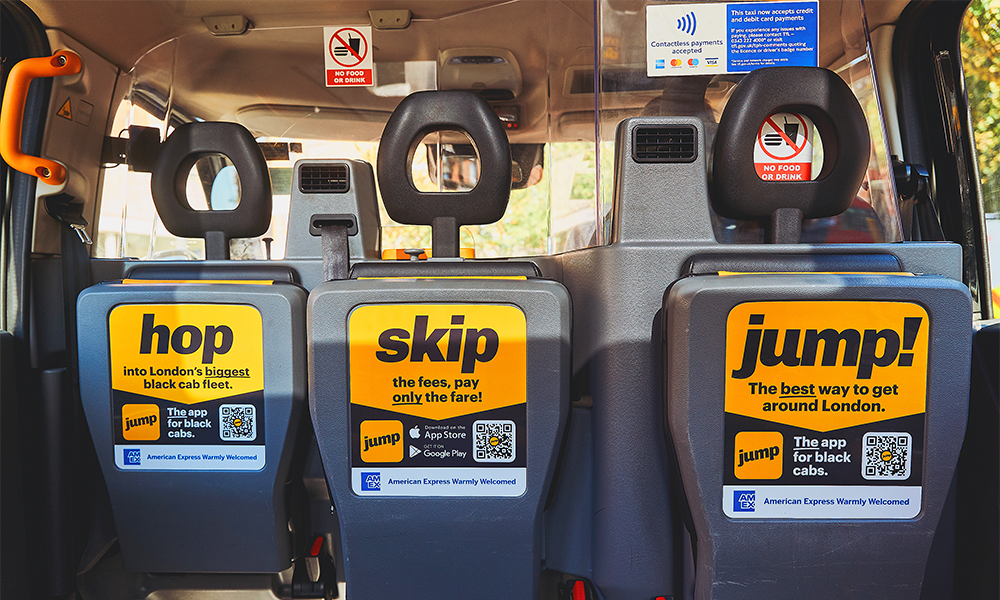
Gabriel Bush / gabrielbushphotography
key details: Jump
Jump is free to download and is available on both iOS and Android phones.
The app itself is free to use with no payment information taken.
Find out more about the app here.
Read more: Why a degree in hospitality and tourism can boost your career




